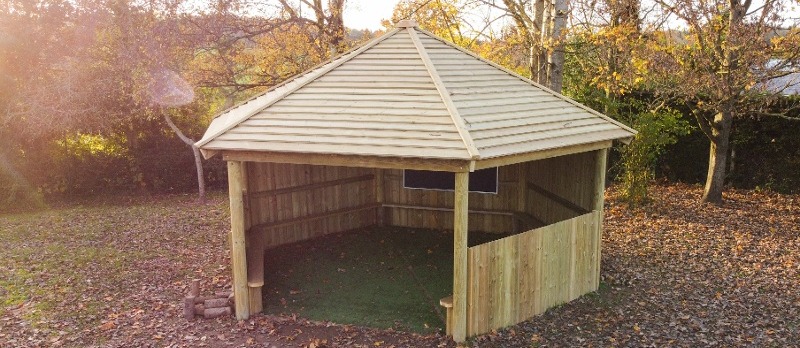
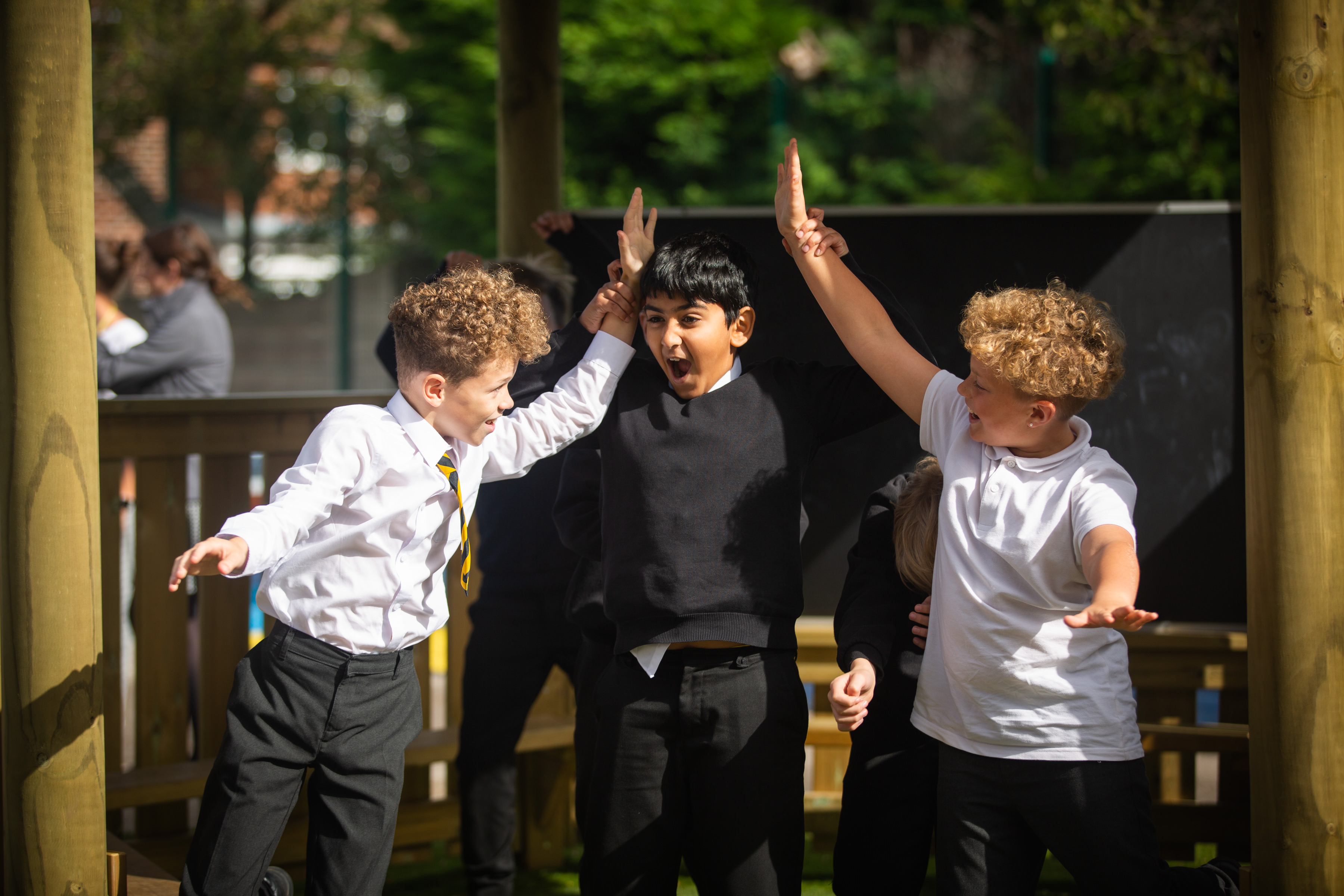

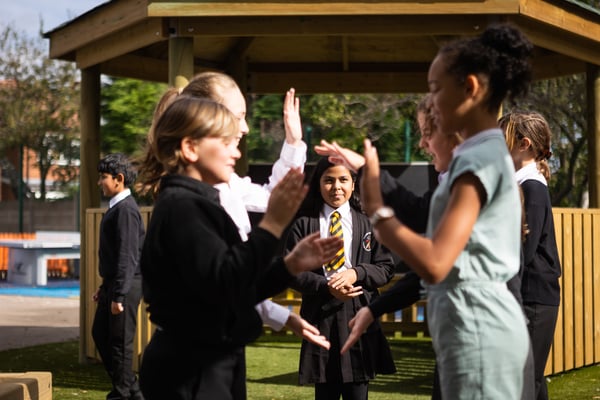
Play is the perfect opportunity for children to practice and develop their social skills. It is a space where they can interact with other children, practice conversation, and learn how to read and respond to facial expressions and body language. During playtime, children also learn about sharing, turn-taking, and how to work together.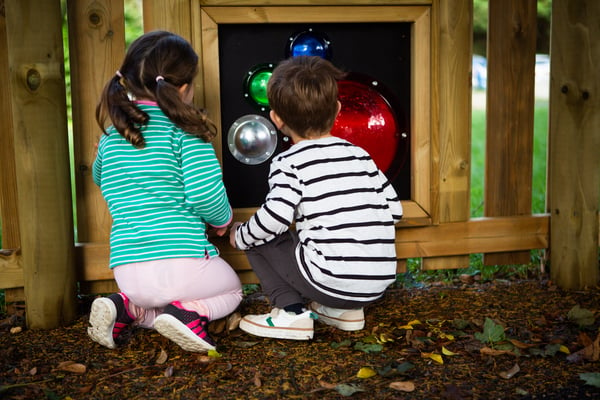
Teamwork is an important life skill that is developed through playing with other children. Children learn how to work together to achieve a common goal and understand the importance of collaboration. Play also encourages children to communicate their ideas effectively, participate in group decision-making, and take on different roles within a group.
Empathy is the ability to understand and share the feelings of others. Through play, children learn how to identify and manage their own emotions, as well as interpret and respond to the emotions of others. This builds empathy and understanding, helping children to relate to and connect with other people.
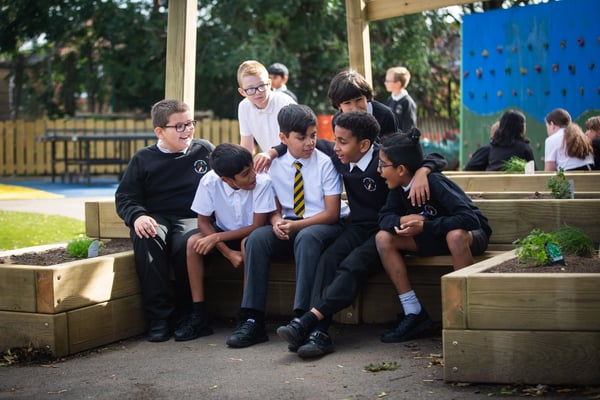
Conflict is a natural part of any social setting, and children will encounter it during playtime. However, play also provides an opportunity for children to practice conflict resolution skills. Children can learn how to manage their own emotions during a conflict, listen and respond to the other person's perspective, come up with a mutually beneficial solution, and forgive and move on from the conflict.
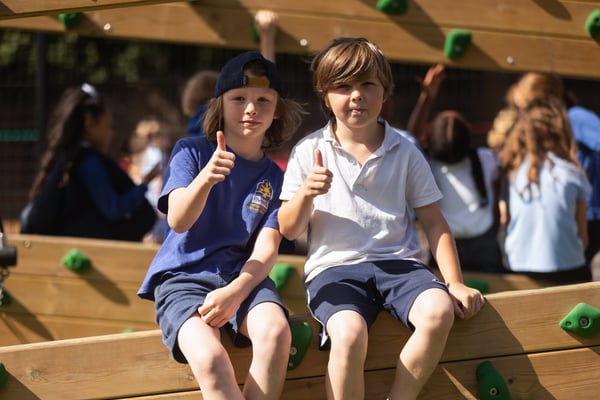
Play encourages children to use their imagination and creativity to problem-solve and come up with new ideas. This fosters a growth mindset and helps children to become critical thinkers, able to approach problems from different angles and experiment with new solutions. This skill is valuable for teamwork, as it allows children to work together to find the best solution.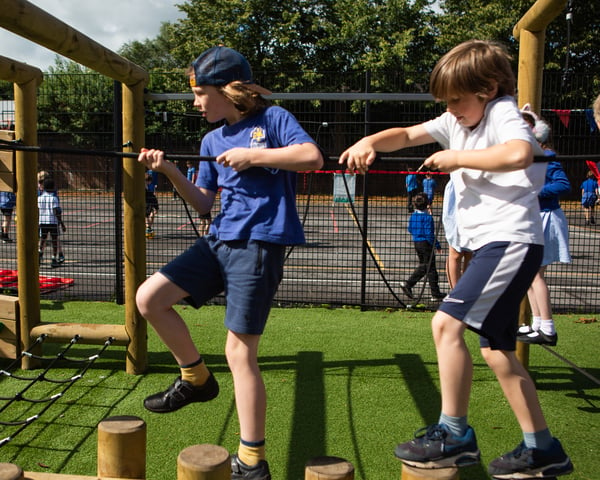
Play is a critical aspect of childhood development, and it plays a significant role in helping children develop social skills and teamwork. Through play, children practice important life skills such as communication, empathy, conflict resolution, and problem-solving. As schools and nurseries, it's crucial that we encourage and prioritise playtime as part of the learning process. By recognising the power of play, we can ensure that children develop the skills they need to succeed in life.
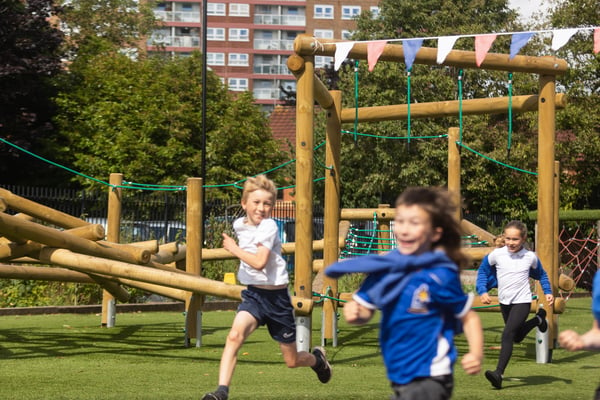 Visit the dbdplay website to learn more about our playground equipment designed to support children's play and development. Explore our 2023 brochure or book a preliminary chat with us.
Visit the dbdplay website to learn more about our playground equipment designed to support children's play and development. Explore our 2023 brochure or book a preliminary chat with us.
Originally published Dec 13, 2023 12:59:51 PM , updated January 31, 2024
We are really happy with the work that has been carried out, it looks great and I know the children will enjoy it.
The team were fantastic, extremely professional on a school site and I found their H&S and Safeguarding to be of the highest standard.
Many thanks to them.
Avanti Meadows Primary School
Bishop StortfordThe children are really enjoying playing on the new climbing apparatus.
We are very happy with the installation that you carried out for us and it's so good the see the children using an area of the field that has been out of use for so long.
St Teresa's Catholic Primary School
BristolIts just wonderful. We are beyond thrilled!
Kirsty and I spent some time watching the children in the environment yesterday and it’s indeed a long-term vision and dream secured. You can see the impact already.
Thanks so much.
Mangotsfield Primary School
Bristol